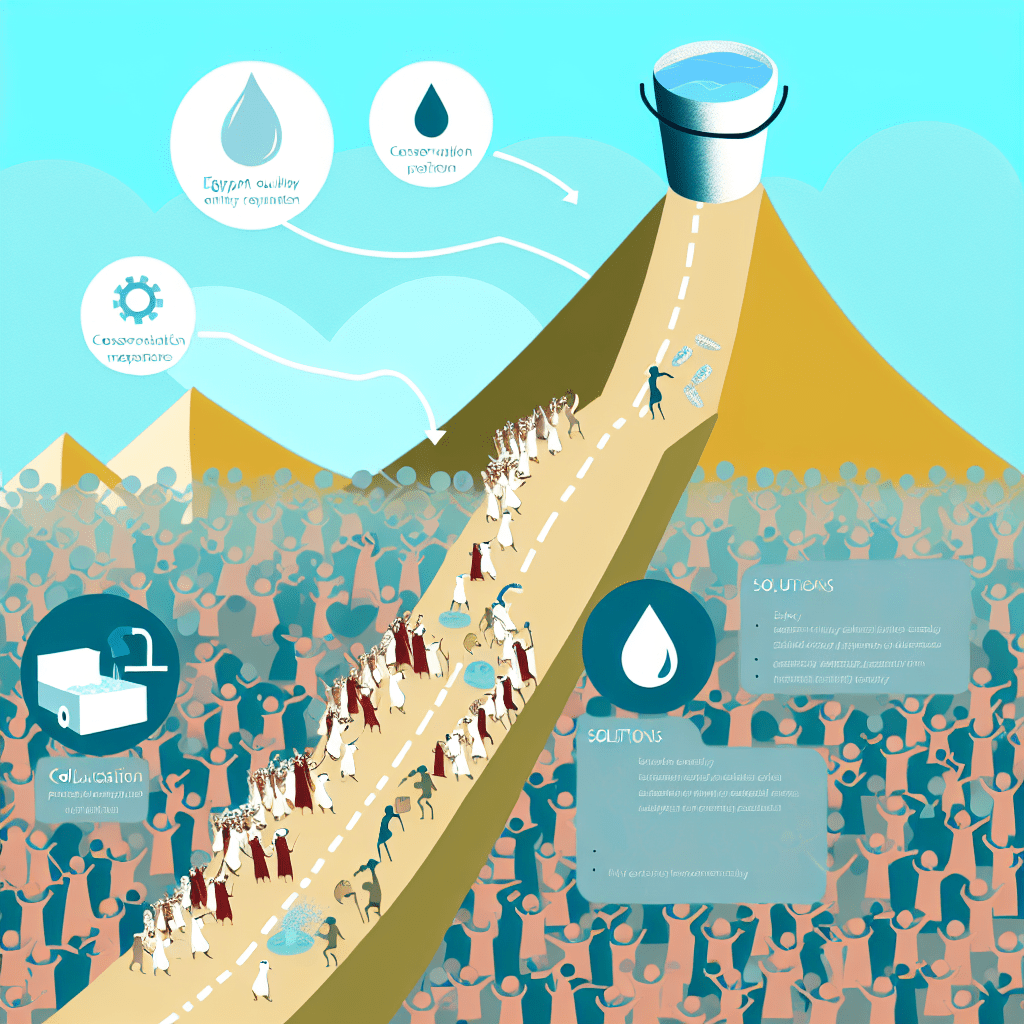”
Water, the lifeblood of human survival, rings a different bell when its quality takes a back seat to its availability, as is the case in Egypt. This article deciphers the water quality challenges that persist in Egypt, unpacking their causes, impacts, and potential rectifications.
Despite the grandeur of the Nile River coursing through its veins, Egypt grapples with dire water quality issues. With the world’s fastest-growing population but finite water resources, the strain on water quality is immense.
Egypt’s water quality is primarily threatened by pollution, with industrial effluent, agricultural runoff, and wastewater increasing the levels of harmful contaminants in the Nile River. These pollutants include heavy metals, organic pollutants, and harmful bacteria, leading to a significant risk to public health and biodiversity.
The Egyptian government has taken steps to address these issues, reflected in policies like the National Water Resources Plan 2017-2037, aiming to protect water resources and improve water quality. However, the road to clean water is still under construction.
Mitigating Egypt’s water quality challenges demands an integrated, sustainable approach. Stringent regulations and monitoring of industrial waste, promotion of sustainable farming practices, and upgrading of sewage treatment facilities are crucial.
Moreover, empowering communities to participate in water conservation and management practices is key. Education about proper sanitation and the importance of clean water can significantly improve domestic water use and disposal practices.
In conclusion, whilst Egypt’s journey to enhance water quality may seem peppered with challenges, they are not insurmountable. By direct application of progressive policies, technological interventions, and an educated, participatory populace, Egypt can pave a healthier future, underpinned by clean and safe water.
By FountainGO!

